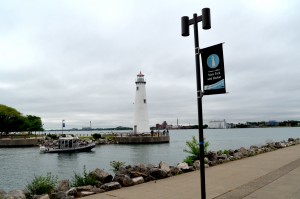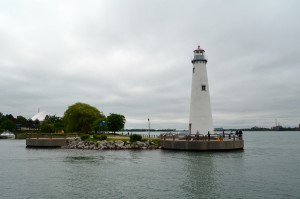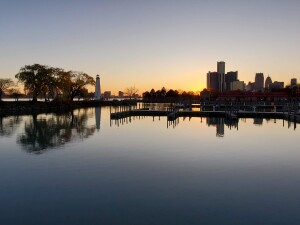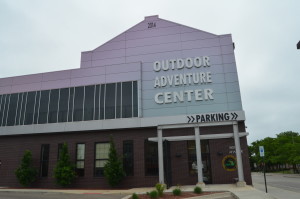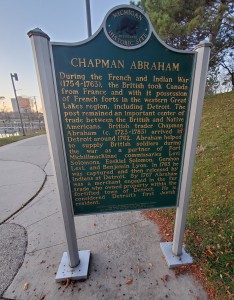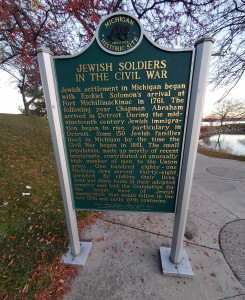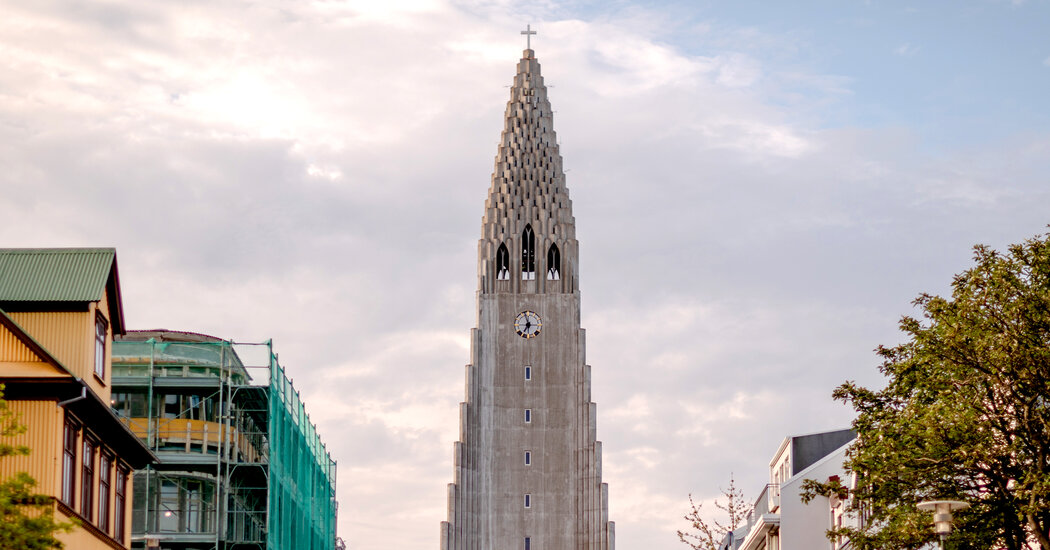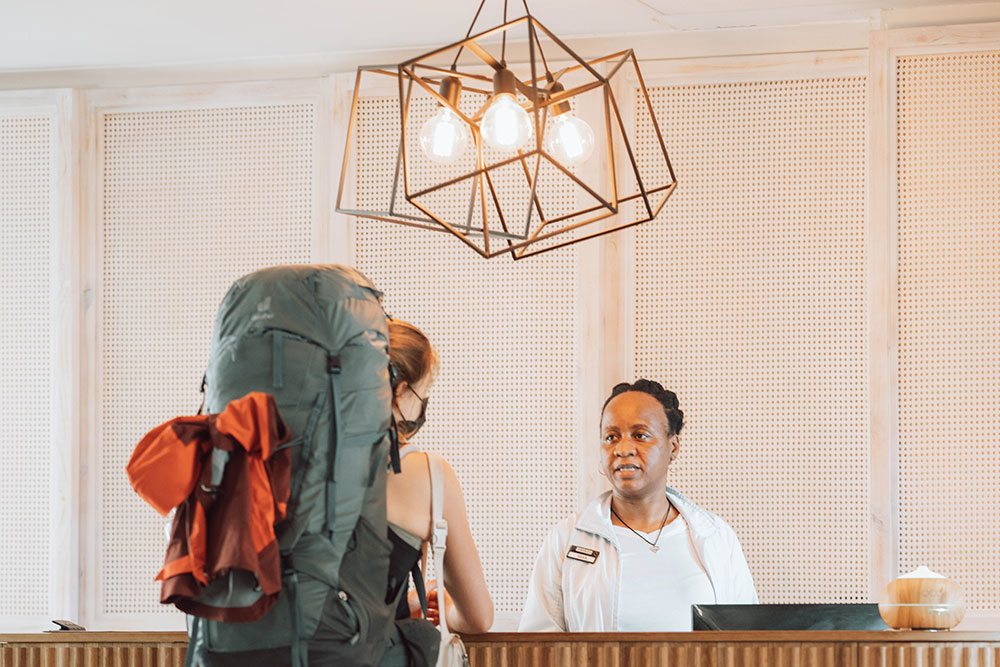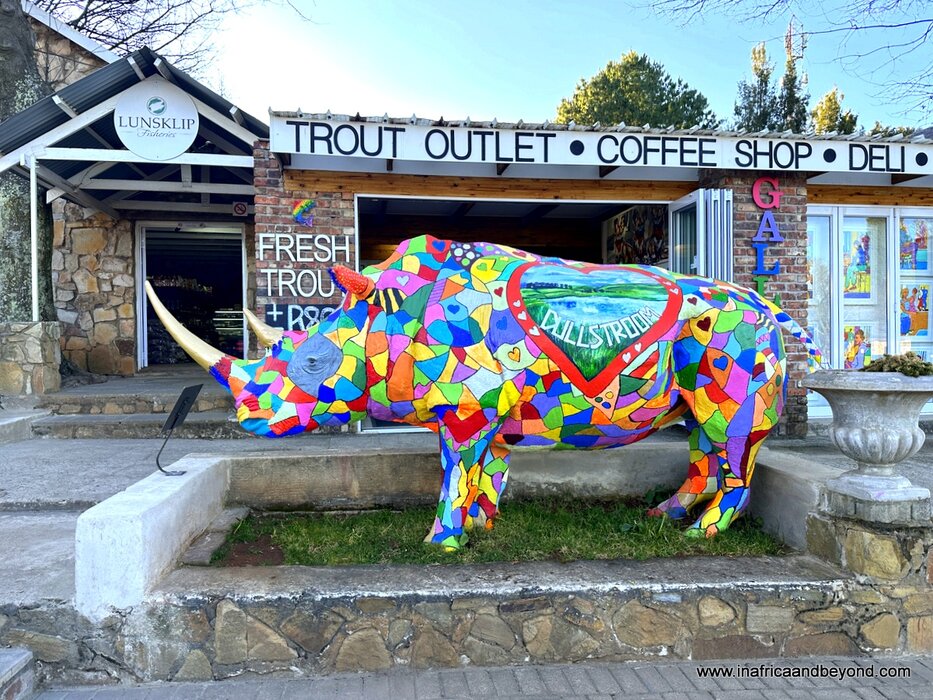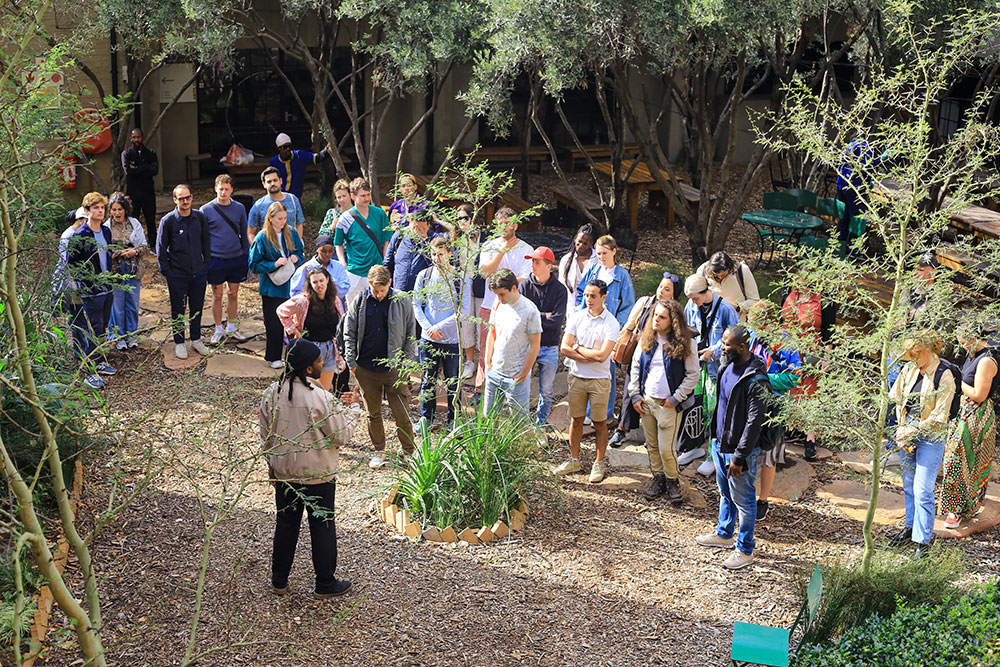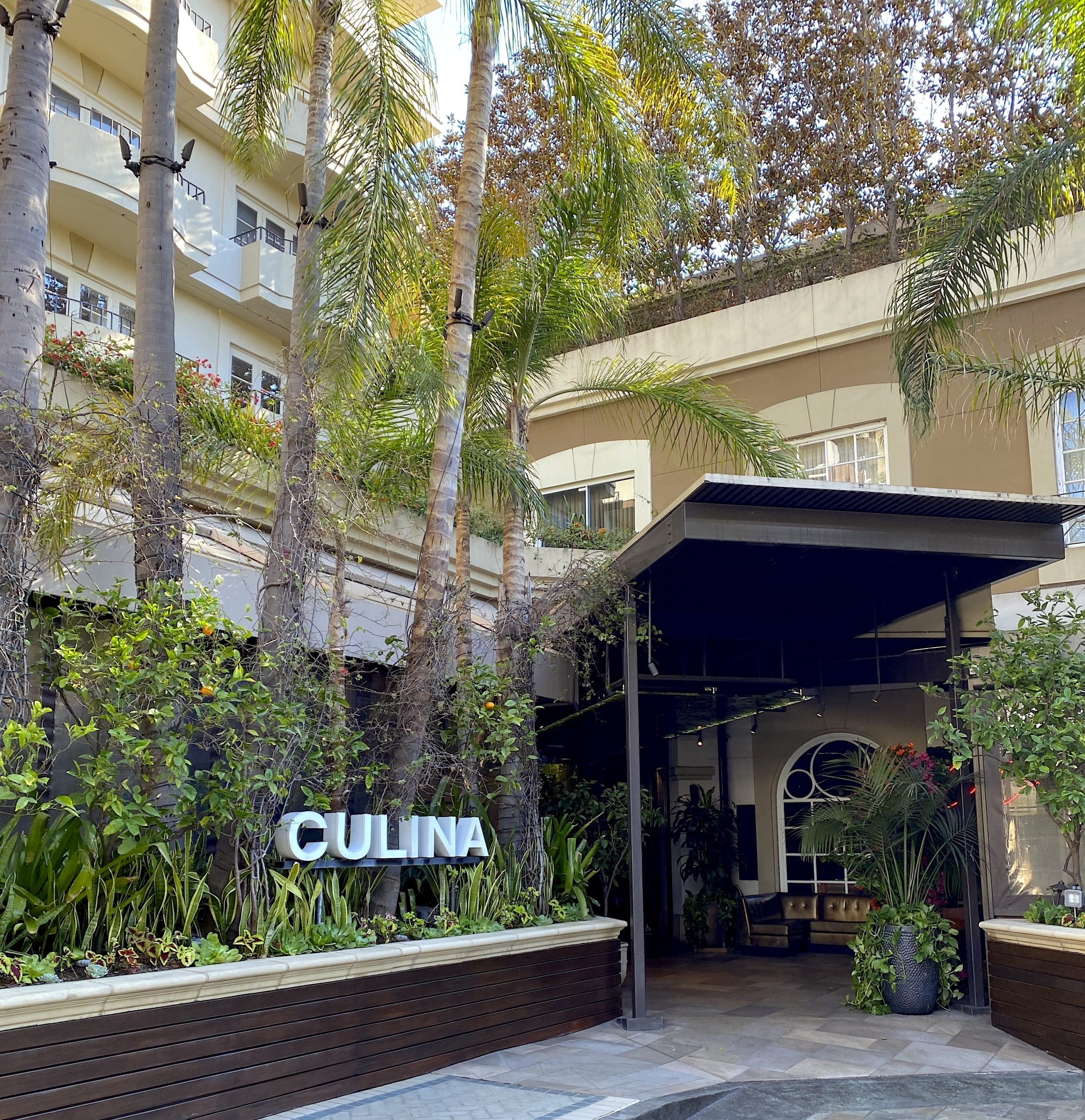LOOK: Pilates Studio ONELIFE Opens Its Flagship Studio in BGC
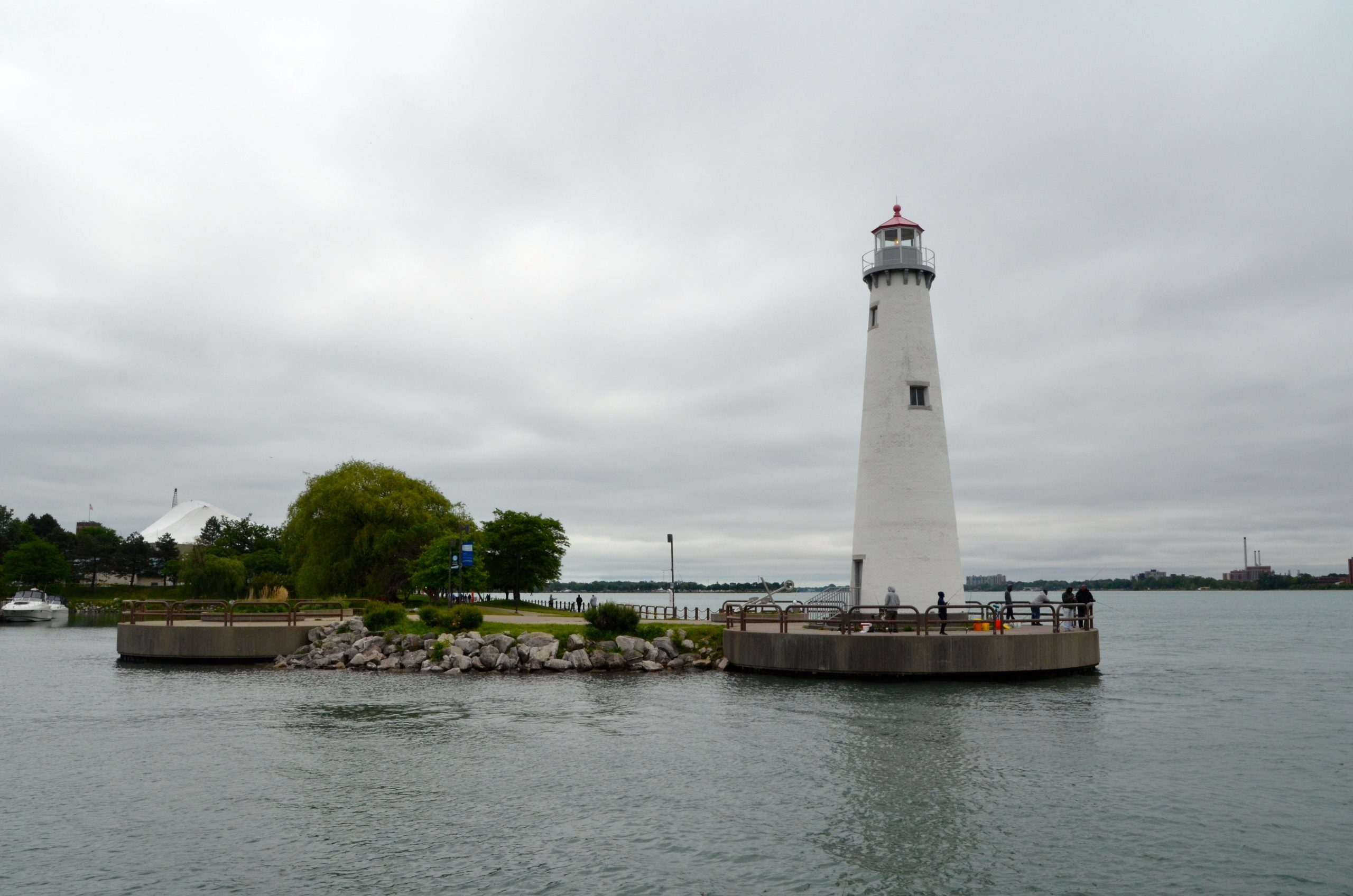
When William G. Milliken State Park (then known as Tri-Centennial State Park) was dedicated in May of 2004, it became the first urban park in the Michigan state park system. Detroit made an ideal location for this project, and as we celebrate 20 years of this park we will take a look at its history as well as what it has to offer visitors. Now named for Michigan’s 44th governor, this 31 acre park is home to some amazing trails, a state harbor, and a 63 foot tall lighthouse.
The lighthouse at the park is a scaled-down replica of the Tawas Point Lighthouse and is the park’s most recognizable landmark. The marina has 52 slips and there is a picnic area. The rest of the park is designed to provide a bit of green and nature in the downtown area, with restored wetlands and some short trails. Fishing, biking, and rollerblading are also popular things to do here.
The berm area is a popular spot for its scenic views, and improvements in 2021 added steps and handrails to provide easier access and prevent future erosion. The Detroit International Riverwalk, a 3.5 mile route for walking or biking that runs from the Renaissance Center to Belle Isle, passes through Milliken State Park. This provides easy access to other points of interest in the city from the park.
Across the street you will find the Outdoor Adventure Center, a perfect spot for families to learn about the Michigan DNR and its mission. From the Detroit Riverfront Conservancy: “Visitors can experience exciting outdoor adventures with hands-on activities, exhibits and simulators; walk behind and touch a waterfall; climb the roots and explore the canopy of a massive bur oak tree; hop aboard a real airplane; walk across a suspension bridge; step into a fishing boat and reel in a big fish; hit the trail on a mountain bike or snowmobile, see fish native to Michigan in a giant aquarium and much more.”
We also learned a little about Michigan history when we visited Milliken State Park. A Michigan historical marker here tells about early Detroit resident Chapman Abraham: “During the French and Indian War (1754-1763), the British took Canada from France and with it possession of French forts in the western Great Lakes region, including Detroit. The post remained an important center of trade between the British and Native Americans. British trader Chapman Abraham (c. 1723-1783) arrived in Detroit around 1762. Abraham helped to supply British soldiers during the war as a partner of Fort Michilimackinac commissaries Levi Solomons, Ezekiel Solomon, Gershon Levi, and Benjamin Lyon. In 1763 he was captured and then released by Indians at Detroit. By 1767 Abraham was a merchant engaged in the fur trade who owned property within the fortified town of Detroit. He is considered Detroit’s first Jewish resident.”
The other side of that marker tells about Michigan’s Jewish soldiers who served in the Civil War: “Jewish settlement in Michigan began with Ezekiel Solomon’s arrival at Fort Michilimackinac in 1761. The following year Chapman Abraham arrived in Detroit. During the mid-nineteenth century Jewish immigration began to rise, particularly in Detroit. Some 150 Jewish families lived in Michigan by the time the Civil War began in 1861. The small population, made up mostly of recent immigrants, contributed an unusually high number of men to the Union army. One hundred eighty-one Michigan Jews served; thirty-eight perished. By risking their lives, Jews put down roots in their adopted country and laid the foundation for the larger wave of Jewish immigration that would follow in the late 19th and early 20th centuries.”
Publisher: Source link
Latest Posts
-
31 July 2025
-
26 July 2025
-
14 July 2025
-
01 July 2025
-
07 August 2025
-
29 July 2025
-
20 February 2025
-
04 February 2025
Newsletter
Sign up for free and be the first to get notified about new posts.
Get The Best Blog Stories into Your icountox!
Sign up for free and be the first to get notified about new posts.

